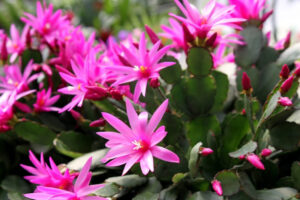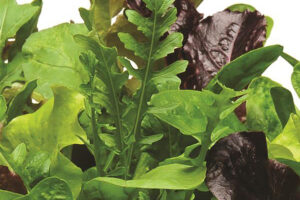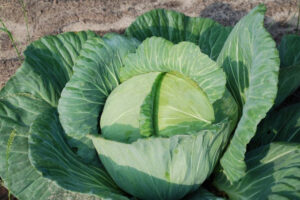Neem oil has vast and diverse agricultural uses, making it an invaluable resource in organic farming and sustainable agriculture worldwide. Its effectiveness stems from its numerous active compounds, notably azadirachtin, which offers a wide range of pest-repellent and disease-control properties. Here are some of the primary agricultural uses of neem oil:
Pest Control
Broad-spectrum Insecticide: Neem oil is a natural insecticide that deters a wide array of pests, including aphids, mites, scale, whiteflies, caterpillars, beetles, and moth larvae. It’s particularly valued because it targets pests that harm crops without negatively impacting beneficial insects like bees, ladybugs, and earthworms.
Growth Disruptor: Azadirachtin, the active ingredient in neem oil, disrupts the life cycle of insects at various stages. It can inhibit egg-laying, larval development, and even molting, effectively reducing pest populations over time without harsh chemicals.
Repellent: Apart from directly killing pests or disrupting their growth, neem oil is an excellent repellent due to its strong odor and taste, keeping pests away from treated plants.
Disease Prevention
Fungicidal Properties: Neem oil has fungicidal benefits, helping prevent various fungal diseases such as powdery mildew, black spot, rust, and root rot. Its application can either prevent these diseases from taking hold or help control them once they’ve affected plants.
Systemic Action: Some preparations of neem oil can act systemically, which means that when applied to the soil, plants can absorb the neem compounds, offering internal protection against pests and diseases. This systemic action helps in protecting the plants from the inside out.
Soil Health
Nourishing Soil: Beyond its direct benefits in pest and disease control, neem oil can contribute to healthier soil. It’s biodegradable and doesn’t cause lasting harm to the soil microbiome, supporting beneficial organisms that contribute to soil health and plant growth.
Weed Management: Neem oil products can also help manage weeds by inhibiting their germination and growth. However, this application requires careful management to avoid affecting the crops.
Usage Tips
Application: Neem oil is typically diluted with water and sometimes mixed with a mild soap or emulsifier to help it spread evenly when sprayed on plants. It’s advisable to test the spray on a small area first and to apply it during cooler parts of the day or in the evening to avoid leaf burn.
Frequency and Timing: Regular application may be necessary, especially after rain, as neem oil does not have a long-lasting residual effect. Timing applications to target specific pest life cycles can enhance its effectiveness.
The use of neem oil in agriculture reflects a growing shift towards ecologically sound and sustainable methods, aligning with organic farming principles and integrated pest management practices. Its natural origin and effectiveness make it a preferred choice for farmers and gardeners looking for environmentally friendly solutions to agricultural challenges.




